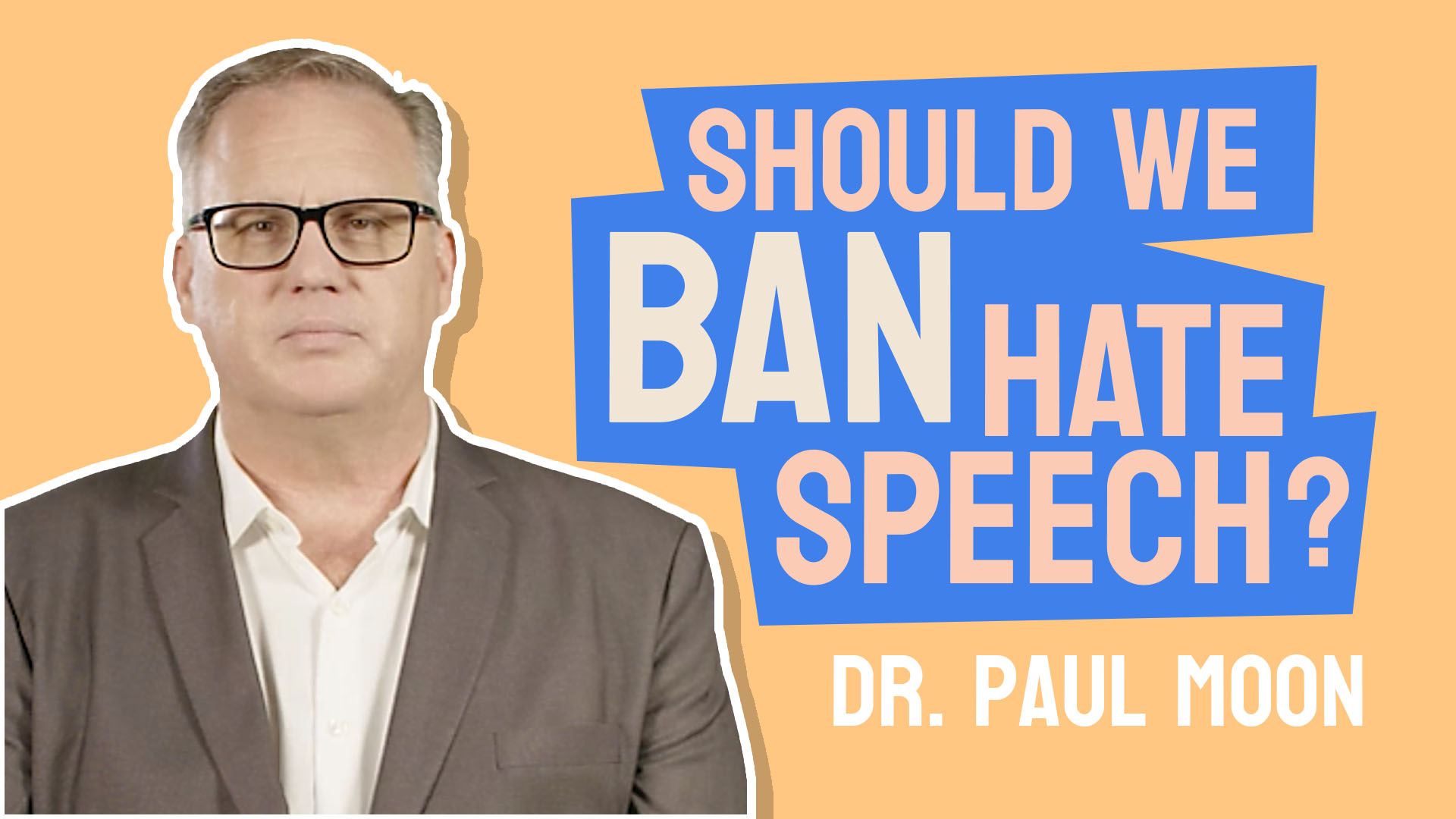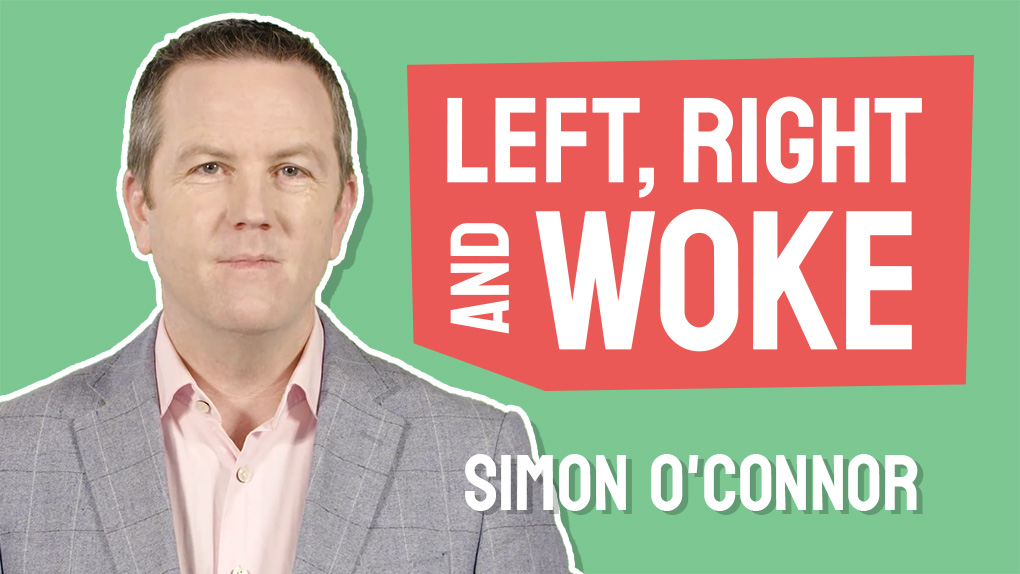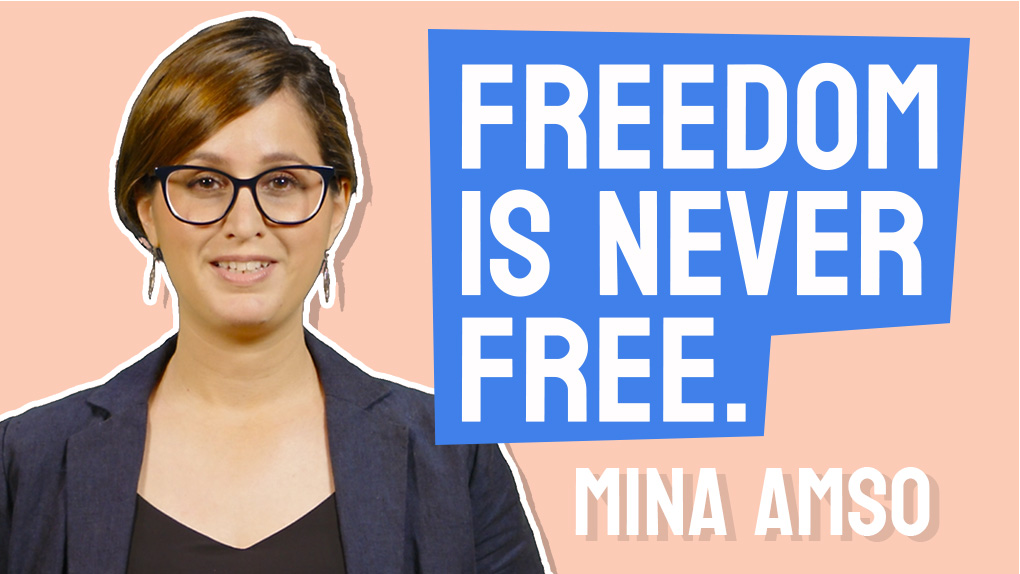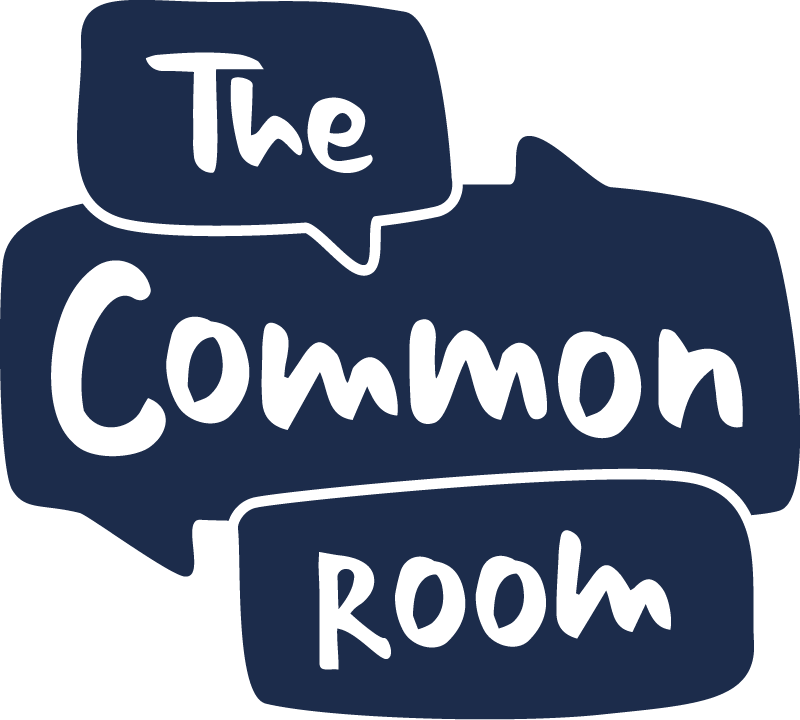Should we ban offensive words?
Josie Pagani, Political Commentator
27 August 2023
Earlier this year, the publishers of Roald Dahl books hired sensitivity readers to rewrite any language that could be deemed offensive. The result? Augustus Gloop was suddenly no longer ‘enormously fat’ and people no longer turned ‘white with fear.’ In this video, Josie Pagani discusses the ramifications of the rewrites and why it sets a dangerous precedent for free speech.
Puffin – the jolly-sounding publishers of Roald Dahl, recently teamed up with the less jolly inclusive minds, to update Dahl’s books for children.
‘Keeping them relevant for a modern audience,’ they said.
Well, sounds innocuous. We update texts all the time to suit modern tastes.
Agatha Christie’s And Then There Were None was originally published as Ten Little N-words. Well, no one would seriously suggest publishing this classic under its first title.
Even Roald Dahl updated his own work. The Oompa-Loompas in Charlie and the Chocolate Factory were originally a fictitious African tribe of pygmies. He re-wrote them as racially neutral to avoid offence.
We’re not changing the stories, argued the publishers. Just updating old-fashioned words.
Well, sensible pruning is one thing – wholesale changes, another.
This is about freedom of speech and artistic expression – not sensitivity.
Here’s an example. Dahl’s witches all wear wigs (because they’re bald), but, as he wrote, “You can’t go round pulling the hair of every lady you meet… Just you try it and see what happens.”
To avoid offence, Puffin’s more accessible version reads: “Besides, there are plenty of other reasons why women might wear wigs and there is certainly nothing wrong with that.”
That’s like making Cinderella wait for the ball, while the sensitivity readers remind us – Remember girls, you don’t need a prince to be happy!
Do we really have to drain the magic out of these stories for a quick lesson in inclusion?
Old fairy tales can be read in a myriad of ways. Their versatility is what gives children power.
Children’s author Sally Gardner says that the gritty realism in children’s stories reflects real life, and gives kids the hope of a way out.
The child trapped in an unhappy home might think there’s no way out. “Give them Rapunzel and you give them hope,” she says.
Children love the naughtiness of Roald Dahl. The spikiness. The meanness.
Removing those elements – just a little bit – leaves us with beige.
New Zealand Writer Joe Bennett compared Dahl’s words with the publisher’s rewrites:
Roald Dahl wrote:
“Aunt Sponge was terrifically fat and tremendously flabby at that.”
‘Fat sounds fat, and flabby sounds flabby’, said Joe Bennett. They paint a picture.
To avoid offence, the publishers changed it to:
“Aunt Sponge was a nasty old brute and deserved to be squashed by the fruit.”
Those words create no picture at all.
Roald DULL!
The list goes on:
Augustus Gloop in Charlie and the Chocolate Factory is changed from “enormously fat” to just “enormous.” People no longer turn white with fear. And the big friendly giant in BFG no longer wears a black cloak.
So where does it stop?
Charlie and the carbon-free carob factory anyone?
The Big Friendly Giant becomes the average sized friendly person.
There are 400 years of literary culture. Do we sanitise it all?
No one would get eaten or sliced open in Little Red Riding Hood.
The big bad wolf in The Three Little Pigs wouldn’t get boiled – but rehabilitated.
Once you start making edits like this, you leave an artwork in tatters.
This is part of a broader attack on free speech that treats bad words like unopened packets of chips – irresistible. We must be protected from ourselves in case they turn us into terrible people.
In New Zealand the National Library culled 600,000 colonial books, including Shakespeare, because the Bard is part of a canon of imperialism.
Even if he were, that canon is part of who we are, the source of everyday expressions like wild goose chase and eaten me out of house and home.
These are cliches because they describe universal experiences.
So we don’t need to be protected from the words of the past.
Christopher Hitchens said, ‘Freedom of speech is the essential liberty without which all the other freedoms are either impossible to imagine or impossible to put into practice.’
‘Words matter’ states the prim notice in Puffin’s latest Dahl editions.
Yes they do. So stop deleting them.
One person’s offensive word is another’s call to freedom.
Polite people don’t change the world.
American Slave owners in the 1800s tried to ban the words of anti-slavery campaigners for being offensive to white people.
Who is going to decide which words are offensive?
Publishers, governments, judges, Iranian mullahs? There is no good answer to that.
Justifications for book burning or banning words for the right reasons will inevitably lead to book burning for the wrong reasons.
Thank god we haven’t sanitised history so much, we can’t learn from it.
Monstrous behaviour of all kinds run amok in the pages of Dahl.
Kids love it.
His books have sold over 300 million copies, been translated into 60 languages and adapted for film. Whether we like it or not, they are a source of deep pleasure for countless children – who appear to have grown up just fine after being exposed to the trauma of words such as ladies and gentlemen – now changed to folks. Now that’s a word I would like to ban!
Submit to the spell of storytelling. If you don’t like James and the Giant Peach, don’t read it to your kids.
Just don’t ruin it for everyone else’s.
I’m Josie Pagani, Political Commentator, for The Common Room.




